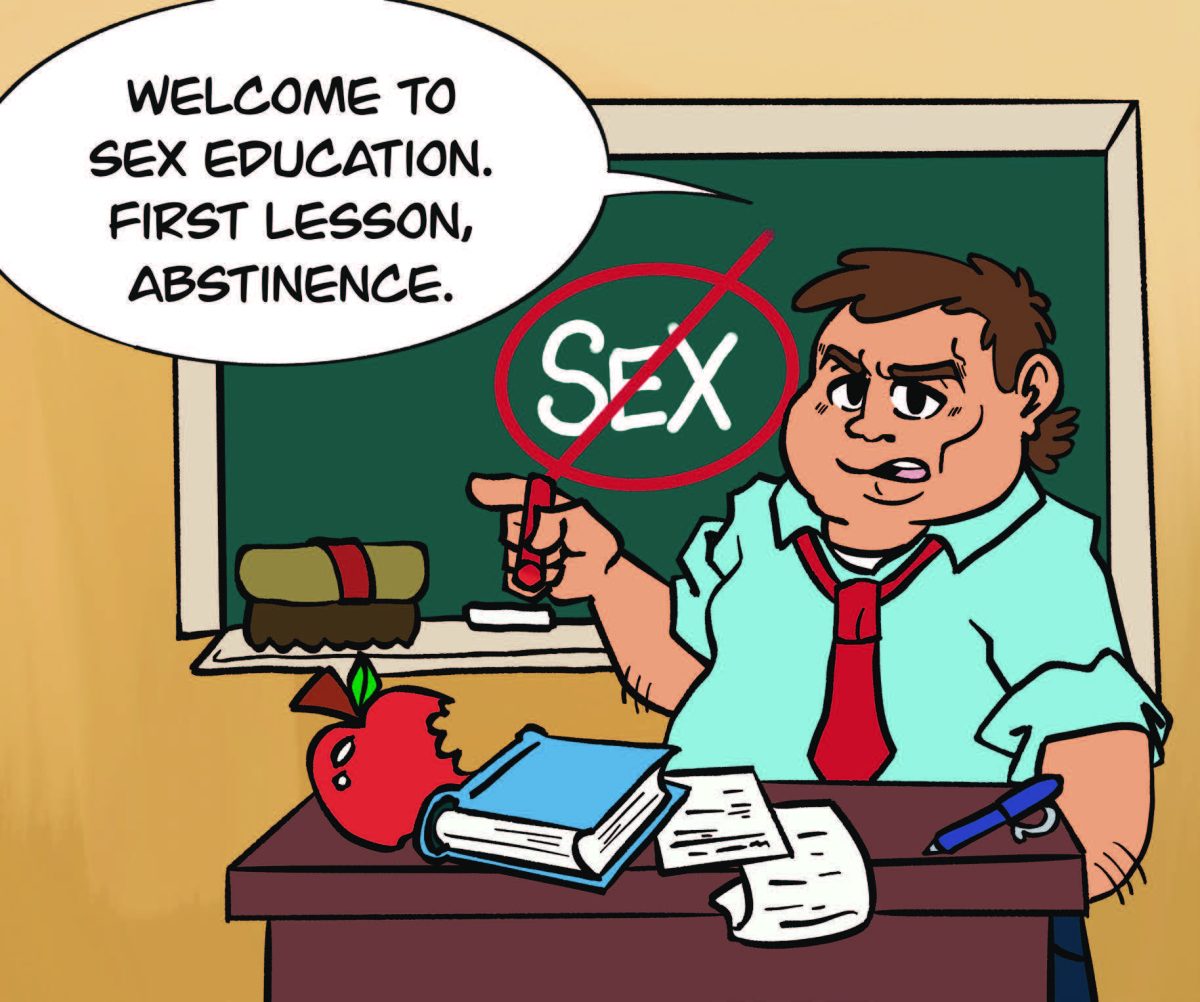While the state is preoccupied with suspending adult websites, Texas lawmakers should offer comprehensive sex education to adolescents.
The Texas House Bill 118 requires adult websites to verify users are at least 18-years-old to view content on their sites.
Attorney General Ken Paxton filed a lawsuit in February of 2024 against Pornhub’s parent company, Aylo Global Entertainment, stating their content “harms, and continues to harm, Texas children and adolescents.”
The company responded by suspending its services for Texans.
This suspension has the potential for overwhelming good.
Pornhub has seen extensive criticism for delayed removal of child sexual abuse, revenge porn or nonconsensual porn on their website.
In the Bible Belt, where abstinence and little to no comprehensive sex education are the prescribed methods of learning about sex, many adolescents may look to adult content to close the learning gap — which can have many ramifications on youth.
Many leading medical journals have suggested that adolescents who view adult content may undergo negative side effects, such as poor mental health and incorrect strategies on how to handle sexual situations.
This suspension gives lawmakers the opportunity to pass legislation that requires more comprehensive sex education to students across the state.
In Texas schools, health education is required up to middle school, but sex education is not required to be taught in high schools.
Paired with religious stigma around sex in the Lone Star State, the conversation of sexual health can be particularly difficult for some adolescents to even conceptualize.
Texas high school students should be able to ask questions in a controlled, safe environment.
If young adults aren’t knowledgeable about sex, how can they know what the right questions are to ask, or how to protect them selves?
Teens may also resort to learning about sex from their peers, who may be equally uneducated about the topic.
Misinformation from friends about how to prevent unwanted pregnancies and sexually transmitted diseases can lead to compromising situations.
Though sex education is not mandated, some aspects of it are mandated through required health curriculum.
According to the Sex Education Collaborative, Texas does not have any regulations regarding teaching medically accurate sex education instruction, nor does it require to teach consent in curriculum.
In the event a school chooses to teach sex education, they must stress abstinence first.
States — like Texas — that insist on stressing abstinence first, often witness higher rates of sexually transmitted diseases.
Texas ranked in the top 20 states for rates of STDs and top 10 states for teen births, according to the U.S. Centers for Disease Control and Prevention.
While this suspension is a good first step in protecting minors from obscene material, Texas’ culture allows conversations around sex to be silenced.
Minors shouldn’t be exposed to adult content, much less having to resort to learn from it.





















